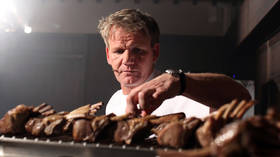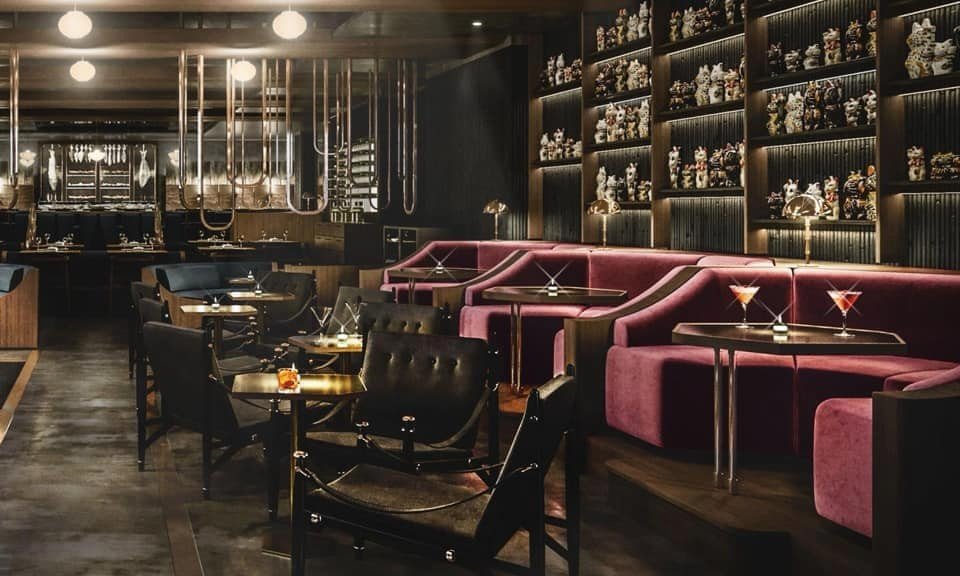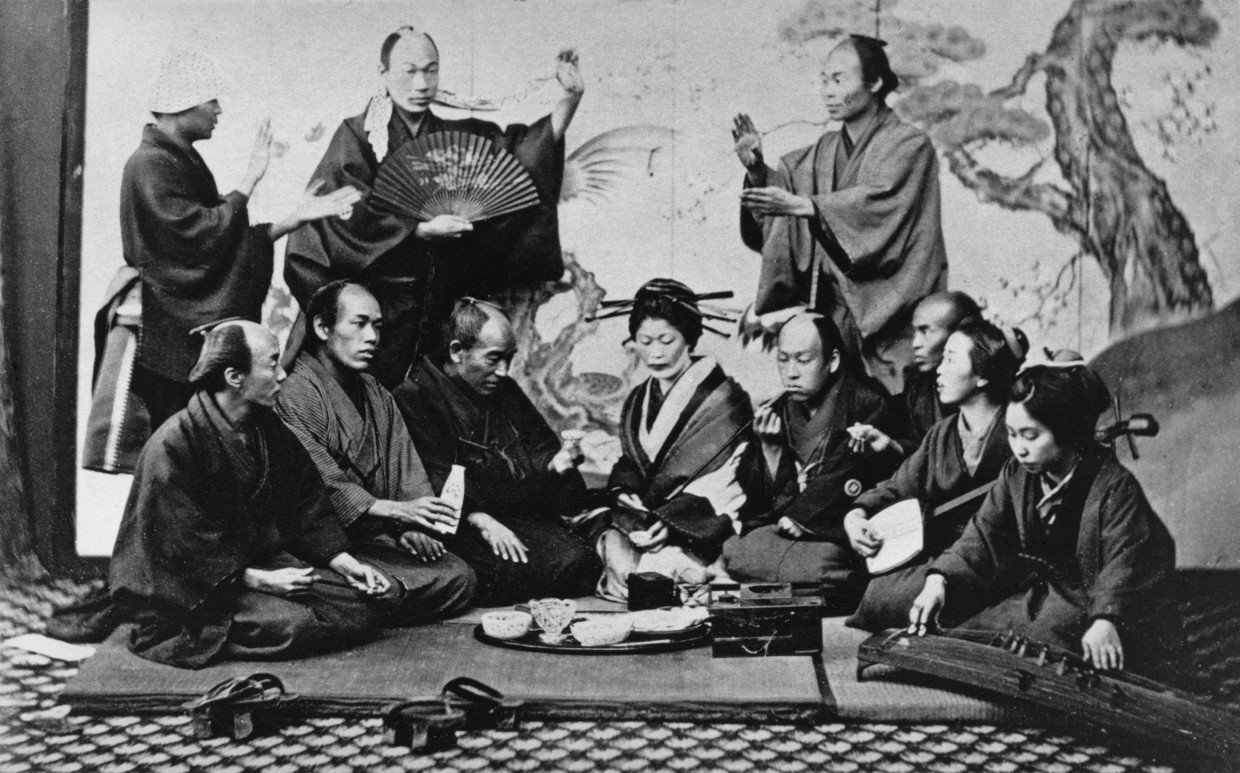Don’t stop Gordon Ramsay cooking tasty ‘pan-Asian’ food because it is ‘cultural appropriation’

There is no better illustration of the pedantic divisiveness of identity politics than policing which ethnicity is allowed to serve what food – and Gordon Ramsay showed character by refusing to perform seppuku after his shaming.
Locally-known gastronomical website Eater London shot to international fame this week, when it sent one of its reviewers to a free preview tasting of the Scottish chef’s soon-to-open restaurant Lucky Cat.
Chinese-British journalist Angela Hui repaid the hospitality by Instagramming the event with snarky comments about the authenticity of the food served (“Japanese? Chinese? It’s all Asian who cares” and “I can only drink through the pain of this ‘Asian’ event”) and posted the screenshots alongside her review, where she complained that she “was the only east Asian person in a room full of 30-40 journalists and chefs.”

The dogpile online was instant. “Every chef has a right to interpret another cuisine but the integrity and culture needs to be studied in depth and not whitewashed for marketing purposes!” wrote restaurateur George Chen. “Many people aren’t exactly happy with the chef’s claim to deliver ‘authentic’ Asian cuisine at the restaurant, especially without an Asian chef at the helm,” added Asian-American writer Kimberly Yam.
And they are right – Lucky Cat is not authentic. It claims to be an “authentic Asian eating house and vibrant late-night lounge, inspired by the drinking dens of 1930s Tokyo and the far east,” yet it is located in Mayfair in London in 2019, and will charge sums for a single meal that would have been enough to buy a farm in Japan a century ago. And they are also correct that the themes of luck and seedy drinking dens do rely on existing Orientalist stereotypes, and are thus cultural appropriation.

But does it make it “wrong”?
There are many things in the world that are not authentic and rely on stereotypes. The people on the stage are not who they are pretending to be, the dwarf mine train at Disney World does not lead to a mine, and was not made by actual dwarves. But the kindergartener in the kidney bean costume is not an insult to legumes, and most people are aware that dwarves are not all miners or vice versa.
Were Gordon Ramsay and his partners obliged to recreate an immersive experience of what it was like to be a plum wine-sipping alcoholic in nationalist Japan in pre-World War II years? And that he failed to means that he hates Asian culture, and has insulted it elaborately by opening an Asian restaurant?

Oh, this is reductio ad absurdum, you say. All the critics want is that he hire an Asian chef (but presumably one that only cooks his own nationality’s dishes, because evidently Chinese people are not Japanese are not Korean are not Thai). But why? As long as he doesn’t specifically refuse to hire people because they are Asian – and in his response the chef made a particular point that his establishments “do not discriminate” in their recruitment practices – surely anyone can be a chef. Or are East Asian people born with an inherent ability for spicy cooking or sushi-making? Similarly, if he doesn’t know enough Chinese critics and restaurant owners, should he just go through the Chinese restaurant listings in his Yellow Pages, and invite the head chefs at random, on the basis of their race, so that Angela Hui, who grew up in the UK, incidentally, feels at home?
The point is, as long as his critics have not in fact found him breaking any laws, Ramsay should be able to operate his restaurant the way he desires. Meanwhile, critics simply can avoid his establishment, let it go bankrupt (like the eatery it replaces in the same location) and pick a more authentic restaurant to their liking – since it is in one of the world’s biggest cities, one fusion restaurant more is not going to squeeze out your favorite secret sake bar. Of course, Hui, Chen and others will retort that they are also merely exercising their right – to express an opinion.
Also on rt.com Is a 'Cowboys & Indians' party for 1yo a celebration of genocide? RT debates backlash (VIDEO)But it hasn’t been a view casually stated. As often with latest media controversies there was talk of what Ramsay “needed to do.” Reporters said he must “defend himself”, and brought up other supposed misdemeanors (like a past show where he cooked his version of regional classics, next to chefs from the origin country) to out him as a serial cultural appropriator.
In this case, it has been refreshing that rather than apologizing (insincerely) or going radio silent, Ramsay took the narrative under his own control, and “called out” Hui and others – though of course this was portrayed as him “dismissing” supposedly valid contributions.
What are they going to do now? Presumably nothing, the social media commentators will wait for the next target and hope that it is not a stubborn self-employed millionaire with seven Michelin stars, but perhaps someone who can be intimidated into self-denigration, or hounded out of a job through pressure on his employers.
But one word of advice: if you want cultural appropriation to be taken seriously, don’t start with food. Eating what you want is a personal right, and sharing food has been the foundation of almost every initial cultural exchange between peoples throughout history. If there is one thing that is made to unite, and not divide, to show how diversities can mix productively, it is this. And literally no one wants a stern Chinese man in your suburban kitchen berating you in Mandarin every time you reach for the Hoisin sauce.
Igor Ogorodnev
The statements, views and opinions expressed in this column are solely those of the author and do not necessarily represent those of RT.














